Researchers: Elizabeth Sullivan, Juanita Sherwood, Tony Butler, Eileen Baldry (University of New South Wales); Jocelyn Jones, Mandy Wilson (National Drug Research Institute); Marisa Gilles (Western Australian Health Department), Michael Levy (Australian National University); Devon Indigenous, Jane Walker (Centre for Health Research in Criminal Justice
Funding: NHMRC
Project summary: Aboriginal and Torres Strait Islander adults are imprisoned 14-19 times more frequently than non-Indigenous people in Australia. This is one of the highest rates of Indigenous incarceration among the OECD countries. The number of Aboriginal women being imprisoned is also increasing each year, with a nine per cent rise between June 2009 and June 2010 alone; this is compared to three per cent among non-Indigenous women and two per cent among Indigenous men. This makes Aboriginal and Torres Strait Islander women the fastest growing sub-group among the prisoner population; particularly in Western Australia and New South Wales. Of these women approximately 80 percent are mothers.
SCREAM is funded through the National Health and Medical Research Council and aimed at understanding the health and treatment needs of Aboriginal mothers in prison in Western Australia and New South Wales. Taking a mixed methods approach and involving a broad range of stakeholders throughout the research process the project aims to:
Describe the health of Aboriginal mothers in prison, with a focus on social and emotional wellbeing;
Investigate availability and equity of access to culturally safe health care in prison for Aboriginal women;
Identify the key attributes of culturally safe models of health care for Aboriginal women in prison;
Identify pathways for the transition of culturally safe health care into the community so that health gains are maximised on release from prison; and,
Build capacity among Aboriginal researchers, Aboriginal community controlled health services and relevant community organisations.
This research plan involves Aboriginal women and a broad range of other stakeholders in identifying practical steps to reduce health inequalities between incarcerated Aboriginal mothers and female carers and those in the community. The immediate outcomes of the completed study will include:
Specific recommendations for models of care for Aboriginal women in prison;
Increased capacity among Aboriginal female researchers in the field of public health and prison health; and,
Recommendations for professional development and skills training among health and correctional workers in Australian prisons.
Opportunities for early intervention to prevent future offending behaviour in children will be identified, with the research providing a platform for policy and practice change.
Progress: Ongoing
